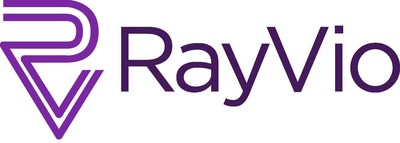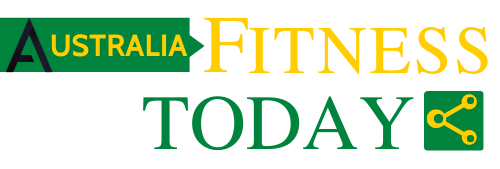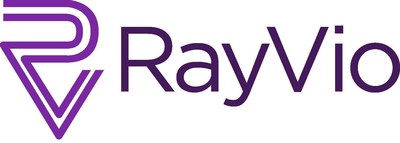 |
Breakthrough research will lead to new photopharmacology applications to help treat and prevent chronic illnesses
HAYWARD, Calif., Sept. 13, 2017 /PRNewswire/ — Research published today in Scientific Reports shows that light from RayVio’s 293nm ultraviolet (UV) LED is more efficient than sunlight at producing vitamin D3 in skin samples. Tyler Kalajian and his research team, led by Dr. Michael F. Holick, Ph.D., M.D., and supported by Boston University School of Medicine and a Boston University Ignition Award, found that skin samples exposed to RayVio’s UV LED for just 0.52 minutes produced more than twice as much vitamin D3 as samples exposed to 32.5 minutes of sunlight.
“We tested ultraviolet LEDs from different sources and at different wavelengths. RayVio’s 293nm LED showed the most significant potential for vitamin D3 production in the shortest amount of time,” said Dr. Holick, a Professor of Medicine, Physiology and Biophysics at Boston University School of Medicine, and endocrinologist at Boston Medical Center. “This study will lead to a new generation of technology that can be labeled as photopharmacology in which the use of LEDs with targeted wavelengths can cause specific biologic effects in human skin to help treat and prevent chronic illnesses.”
Vitamin D deficiency is associated with osteoporosis, rickets and other metabolic bone diseases and is more prevalent in northern and southern latitudes where sunlight is limited for a significant part of the year. This device for making vitamin D is ideally suited for patients with fat malabsorption syndromes including inflammatory bowel disease and gastric bypass surgery. The research shows that RayVio’s UV LEDs could be used for treating patients that are vitamin D deficient.
A vitamin D3 producing UV LED device could be used on skin areas that experience less exposure to sunlight such as upper legs and arms and abdomen and back thus minimizing risk for developing non-melanoma skin cancer. The UV LED device also emits a much narrower band of UVB light and thereby decreasing likelihood of skin damage that can occur when the skin is exposed to higher wavelengths of UV radiation.
“The potential of digital UV technology for phototherapy is enormous,” said Dr. Robert C. Walker, RayVio’s CEO. “Dr. Holick’s research with our UVB LEDs demonstrates the potential for new applications that can potentially improve and save hundreds of thousands of lives. In the U.S. alone, seventy-five percent of teens and adults are vitamin D deficient. Thanks to the work of the research team and the pioneering work of the Boston University Photonics Center on UV LEDs, we may soon see innovative treatment options like simple integration with a wearable device could aid millions of people.”
|
About Vitamin D3 |
Co-authors on the paper, all from Boston University, are T.A. Kalajian, A. Aldoukhi, A.J. Veronikis, K. Persons, and M.F. Holick.
About Boston University School of Medicine
Originally established in 1848 as the New England Female Medical College, and incorporated into Boston University in 1873, Boston University School of Medicine (BUSM) today is a leading academic medical center with an enrollment of more than 700 medical students and 950 students pursuing degrees in graduate medical sciences. BUSM faculty contribute to more than 950 active grants and contracts, with total anticipated awards valued at more than $693 million in amyloidosis, arthritis, cardiovascular disease, cancer, infectious diseases, pulmonary disease and dermatology, among other areas. The School’s teaching affiliates include Boston Medical Center, its primary teaching hospital, the Boston VA Healthcare System, Kaiser Permanente in northern California, as well as Boston HealthNet, a network of 15 community health centers. For more information, please visit http://www.bumc.bu.edu/busm/
About RayVio Corp.
RayVio Corp. is an advanced health and hygiene company that delivers clean water and environments. RayVio helps protect billions from germs and creates new markets and revenue streams by enabling a new class of products. Its powerful and efficient UV LED technology can be integrated into a variety of applications, powering versatile on-demand solutions that give consumers control over health without chemicals or costly consumables. To learn more, please visit www.rayvio.com.


